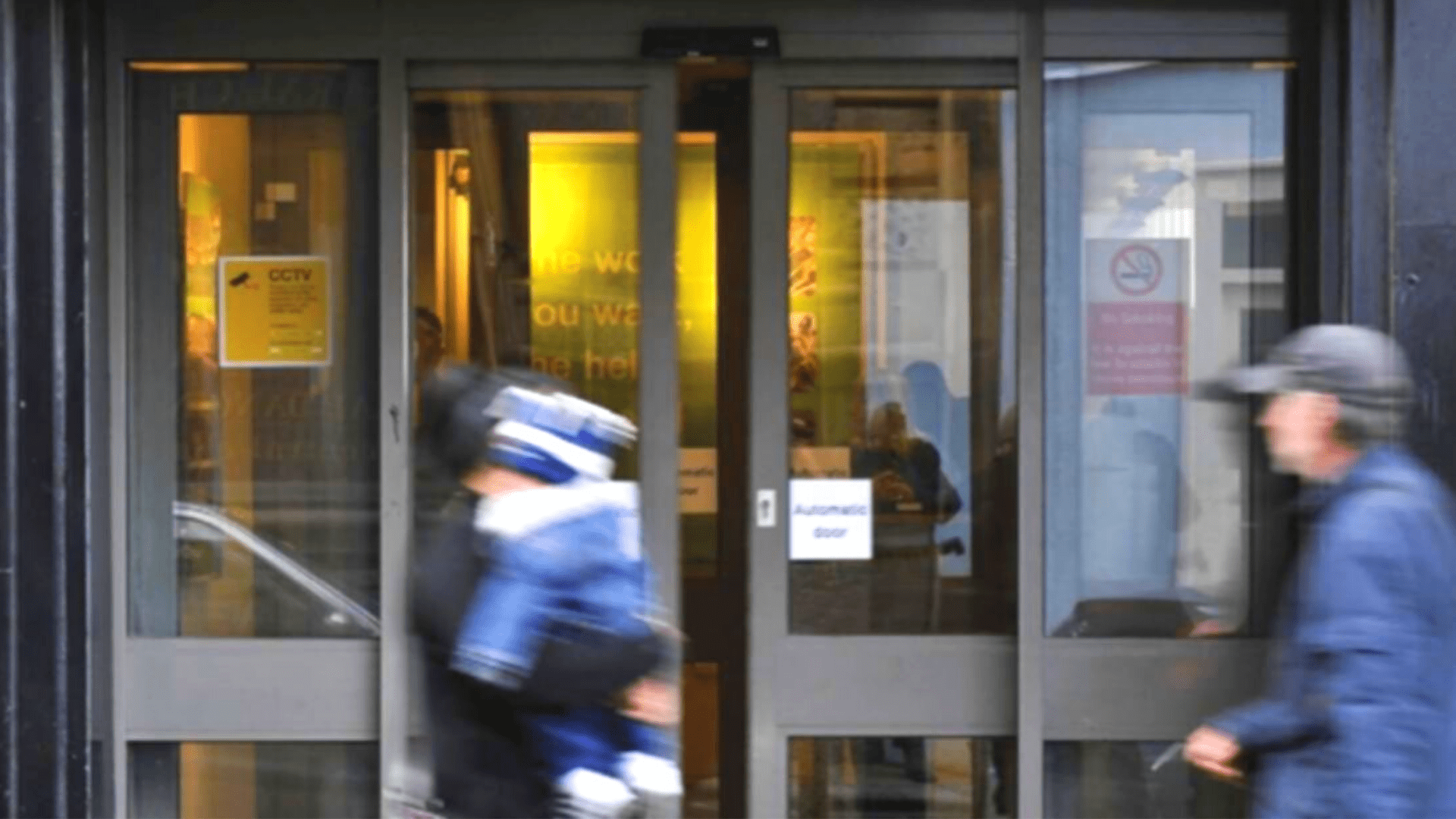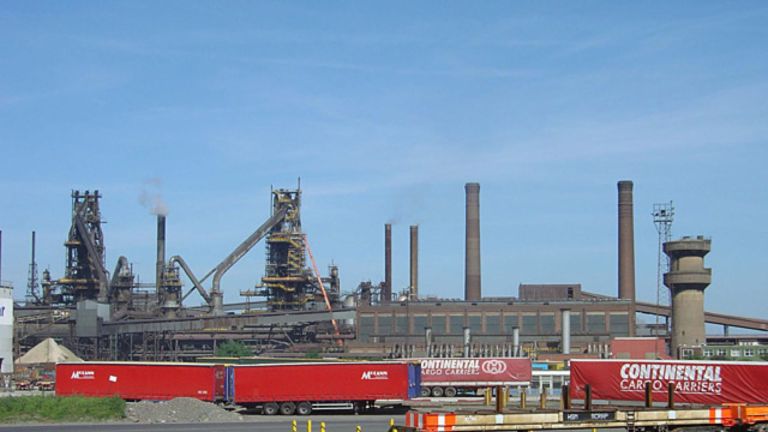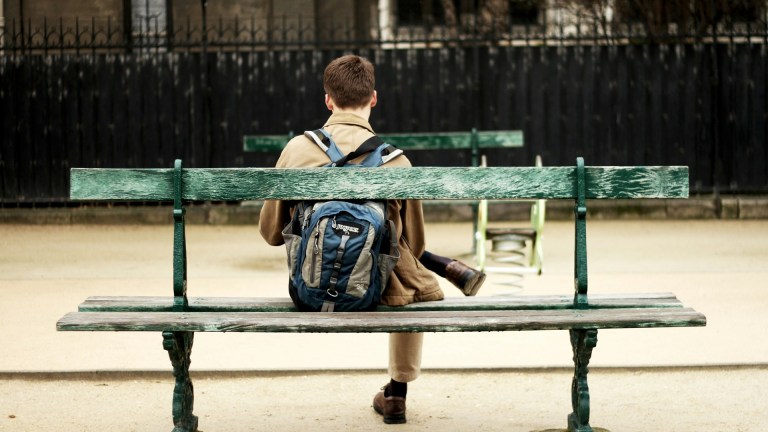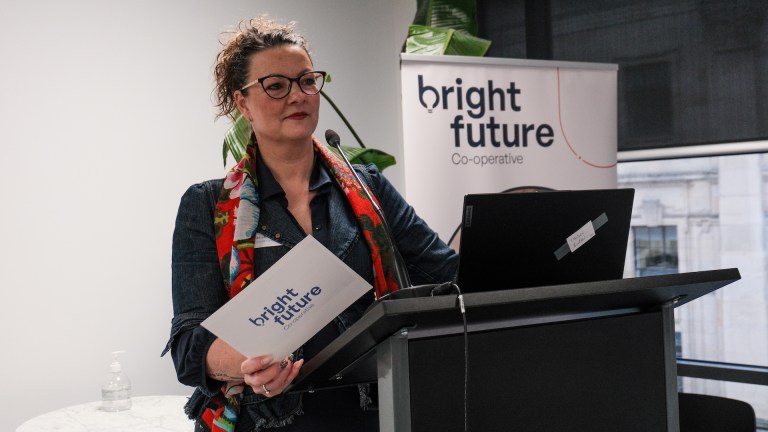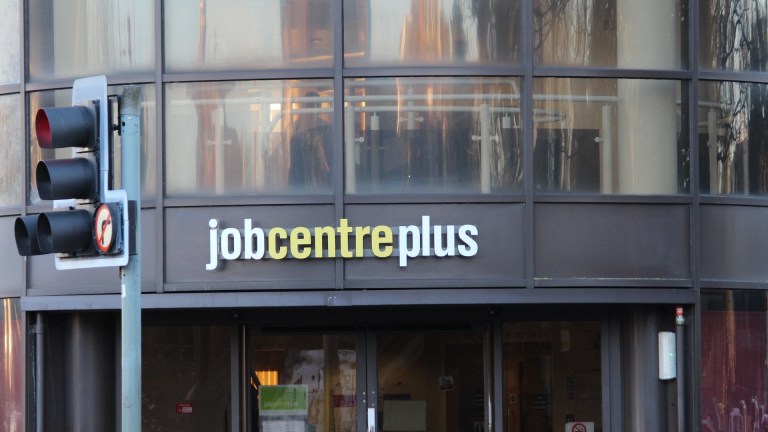Nesta said four in ten people not currently working had been out of work for longer than six months, indicating the dire state of the job market and a sluggish economy following numerous lockdowns.
This rose to almost half of men (49 per cent of men compared to 36 per cent of women) and disabled people as are disabled people (49 per cent vs 31 per cent) and those who are not university educated (42 per cent vs 36 per cent).
Those aged 18 to 24 and people on low incomes were twice as likely to have been furloughed or made redundant during the pandemic, the researchers claimed.
The new figures highlight the extent to which those in less stable employment have bared the brunt of Covid’s economic impact.
Young people are more likely to work in the hospitality sector, much of which has been closed for months, and charities have warned those in the gig economy face a “triple hit” of pandemic hardship.
Advertising helps fund Big Issue’s mission to end poverty
Nesta said workers earning between £20,000 to £30,000 a year were twice as likely to be furloughed or face redundancy than those earning over £30,000, with men also tending to be out of work longer.
Of 2,001 adults surveyed in April 2021, three in ten said constant worries about work affected their mental health.
Four in ten of those who had been furloughed or lost their job during the Covid crisis said unemployment had impacted their self-esteem.
And 36 per cent who had been furloughed or made redundant said they wouldn’t didn’t believe they would recover financially until several years after the pandemic.
Dyson added: “While we have seen numerous innovations that aim to support those whose jobs and money have been impacted by the current crisis, we need to ensure that the solutions can reach those who need them most – quickly.
“We will be supporting the six finalists to scale their solutions at speed so they can reach and support as many people as possible, which in turn will provide both financial and job stability for many.”
Advertising helps fund Big Issue’s mission to end poverty
According to the latest official figures, 56,000 fewer people were in payrolled employment in March 2021 compared with February 2021. The unemployment rate was estimated at 4.9 per cent – 0.9 percentage points higher than a year earlier.
A total of 2.6 million people are expected to be out of work by the middle of this year, according to Chancellor Rishi Sunak’s Spending Review forecast.
The Big Issue has launched the Ride out Recession Alliance to help keep people in their jobs and homes following the Covid crisis. On top of championing bold and practical ideas, a new Jobs and Training site has also been born as a “one stop shop” for those impacted to get back on their feet.
Career tips and advice from our Jobs and Training series:
